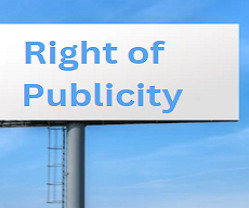India – Trademark Protection in the Hospitality Industry
Kashishipr
AUGUST 24, 2022
Therefore, to protect your business in the hospitality industry, you must seek protection via Intellectual Property Rights (IPRs) , specifically by registering your hotel or restaurant brand name and logo as trademarks. Here in this article, we shall shed light on the relationship between Trademark Law and the hospitality sector in India.












Let's personalize your content